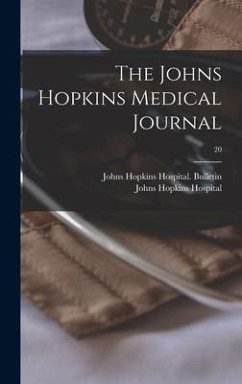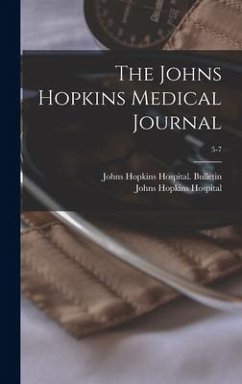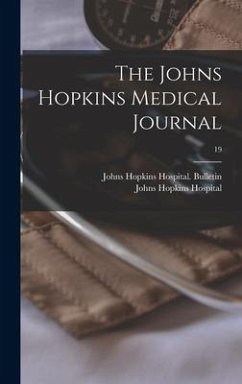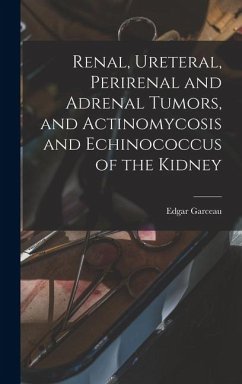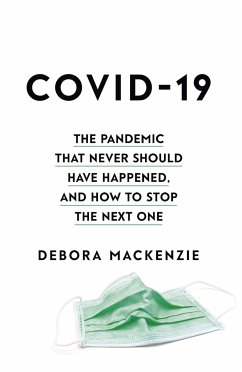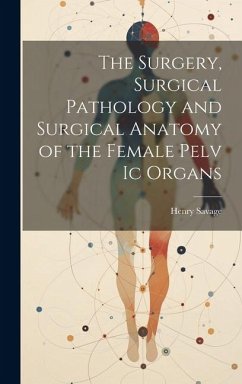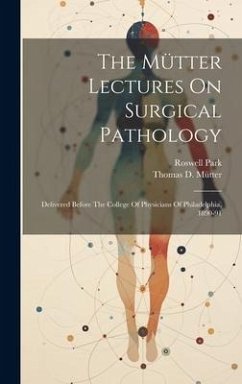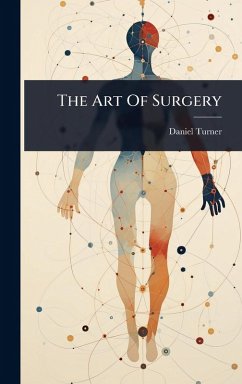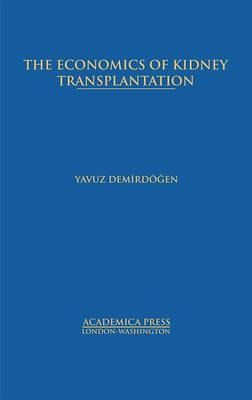
The Economics of Kidney Transplantation
Versandkostenfrei!
Versandfertig in über 4 Wochen
243,99 €
inkl. MwSt.

PAYBACK Punkte
122 °P sammeln!
Over the last century, the world witnessed outstanding advancements in the field of surgery and organ transplantation, with success ratios reaching 80% to 90%. There is, however, a huge difference between the number of organs available for transplantation and the number of people in need of transplantable organs. Over the past few decades, the gap has grown dramatically, and the systems mentioned are insufficient to balance the supply and demand of transplantable organs and, specifically within the scope of this book, the shortage of kidneys. This book primarily aims to calculate the costs of ...
Over the last century, the world witnessed outstanding advancements in the field of surgery and organ transplantation, with success ratios reaching 80% to 90%. There is, however, a huge difference between the number of organs available for transplantation and the number of people in need of transplantable organs. Over the past few decades, the gap has grown dramatically, and the systems mentioned are insufficient to balance the supply and demand of transplantable organs and, specifically within the scope of this book, the shortage of kidneys. This book primarily aims to calculate the costs of dialysis and/versus transplantation, and to focus on the benefits of increasing the number in donations. The number of donations is further used in a sensitivity analysis of economic gains by increase in donations. Another sensitivity analysis of the effect of monetary incentive by changing the value of statistical life (VSL). The purpose of this study is to make a contribution to the health literature by calculating the costs and benefits of kidney transplantation. Although there is a system, there is also a system failure. Current system(s) is/are insufficient in terms of reducing prolonged waiting lists. Therefore, this book proposes an alternative system that would help increase kidney donations and transplantations. The proposed system would also heavily suppress the black market that abuses the world's poor. While monetary incentive could be effective for increasing organ donation, every year almost 5 to 10 percent of kidney transplantations are facilitated by organ trafficking.



